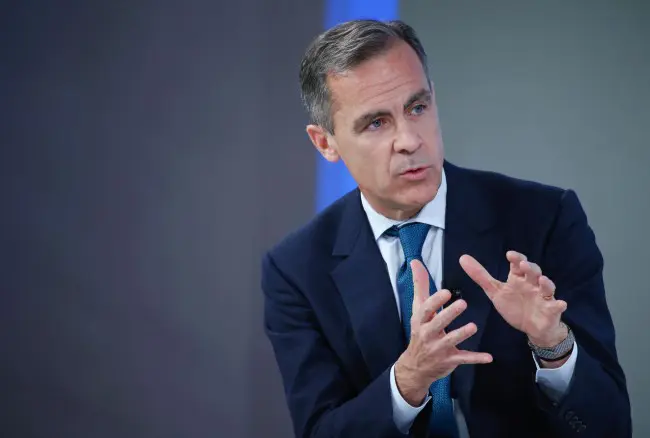Commenting on the Bank of England’s Inflation Report, David Kern, BCC Chief Economist, said: “The combination of lower growth and higher unemployment forecast for the next few years confirms the more difficult economic climate that the UK is likely to face in the medium term.
“It is also concerning that the Bank of England’s new forecast shows lower exports and weaker investment in 2016 than was the case in its February predictions.
“The main message for business from the inflation report is that while the current interest rate policy will be conducive to maintaining stability, much greater efforts will be needed on the part of the government to boost growth at a time when circumstances will remain difficult.”
David Lamb, head of dealing at FEXCO Corporate Payments, added: “It took a hefty prod from the media, but Mark Carney has finally uttered the ‘r word’ – admitting that a Brexit could tip the UK into a technical recession.
“But as the Governor’s at times tortuous press conference made clear, the full ramifications of a vote to leave the EU are unknown, and will remain effectively unknowable.
“Despite attempting to ignore the elephant in the room, the Bank’s Inflation Report paints a picture that’s scarcely any more rosy. Even assuming that the referendum delivers a vote for the status quo, the Bank predicts sluggish growth and only a gradual increase in interest rates.
“While both the In and Out campaigns will be poring over the Governor’s words for any evidence of bias either way, the currency markets have been more struck by his blunt warning that if the worst happens, we shouldn’t rely on the Bank to cushion the blow.
“With Governor Carney conceding that ‘monetary policy cannot offset all the effects of a shock’, the spectre of weak growth and years more of low interest rates has done little to reassure Sterling watchers.
“As a result the Pound has lost the ground it gained against both the Dollar and the Euro after the MPC voted unanimously to hold interest rates.”


